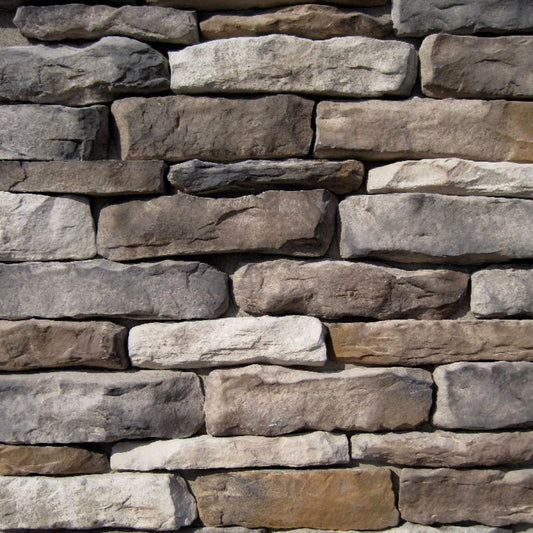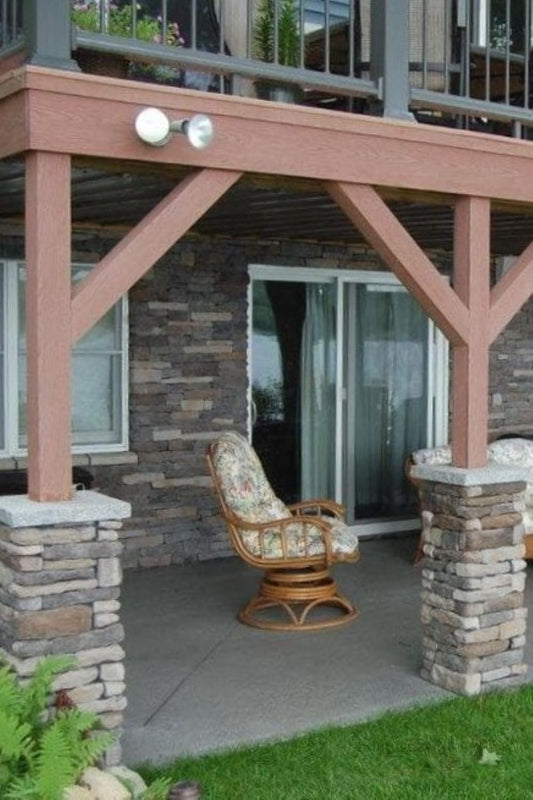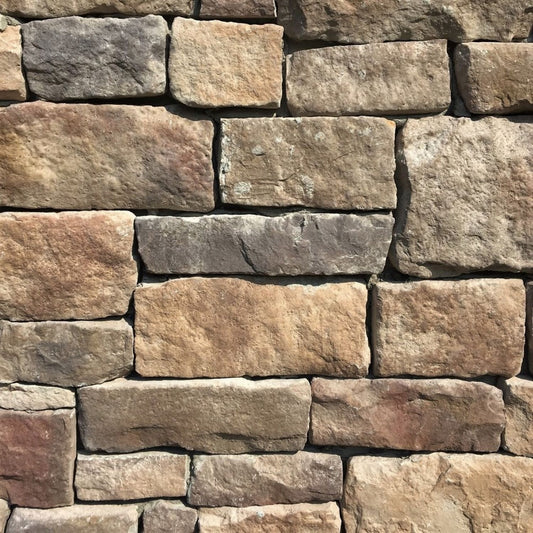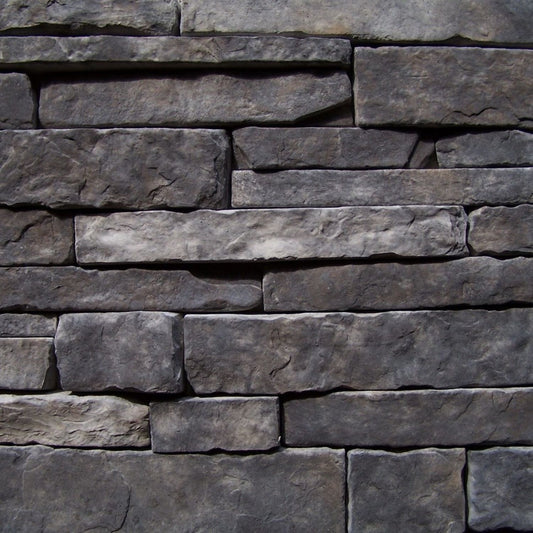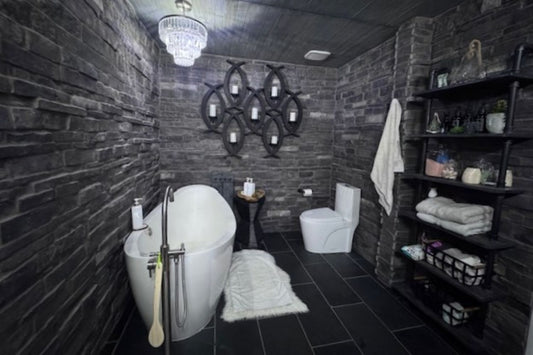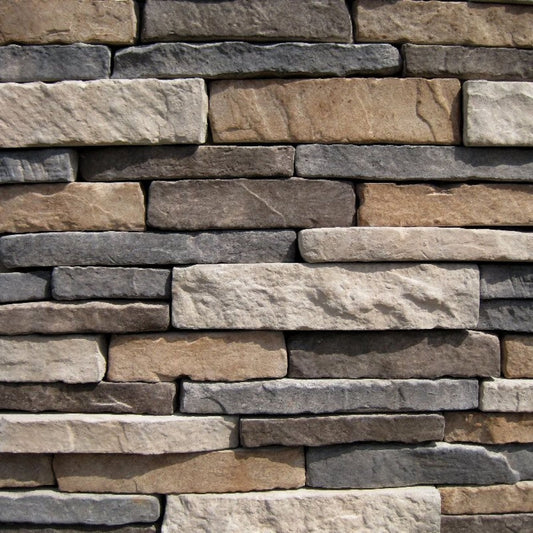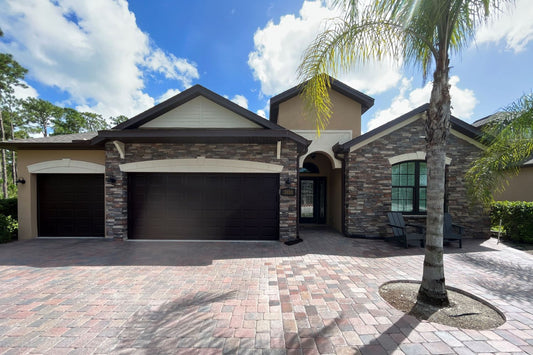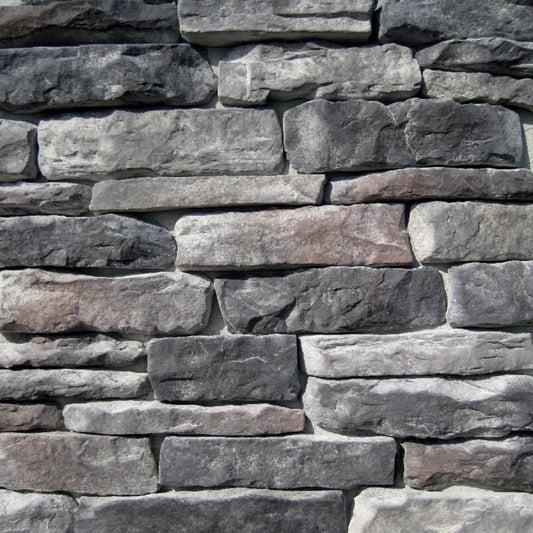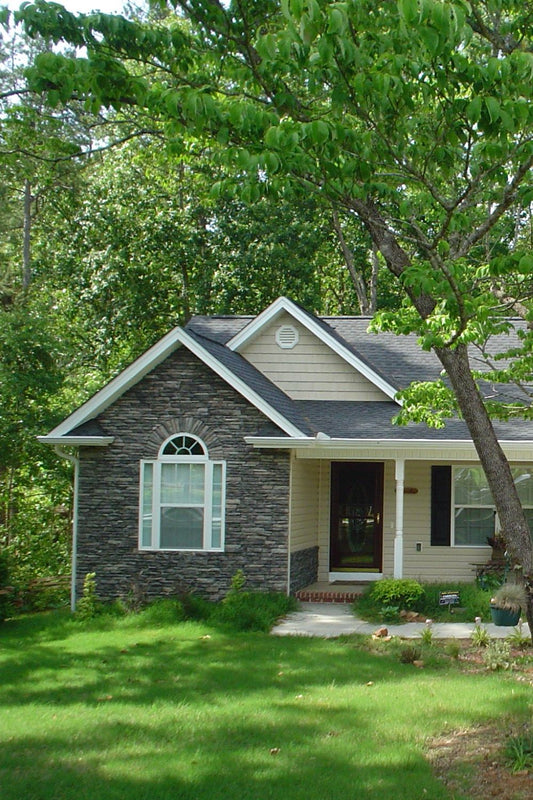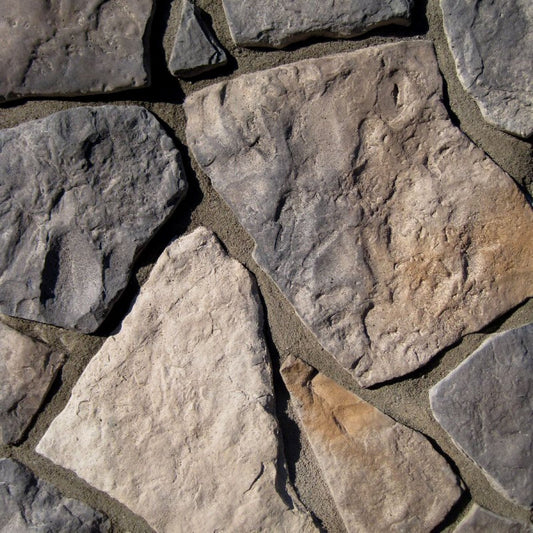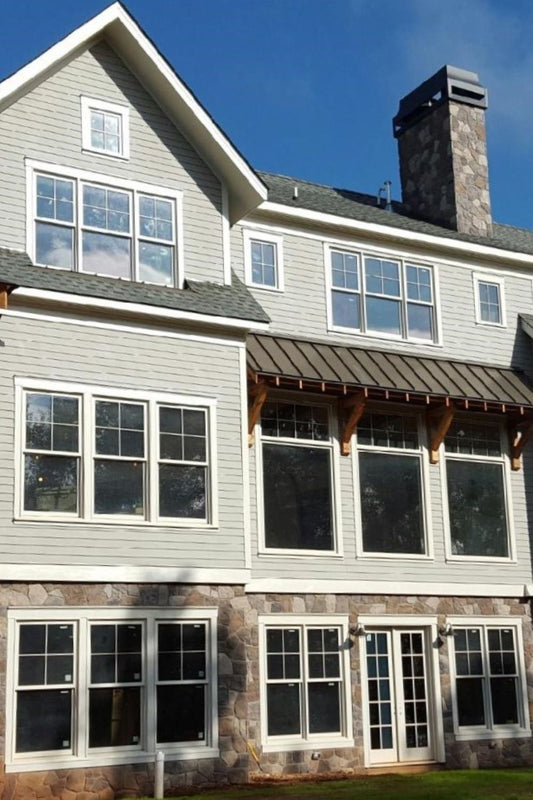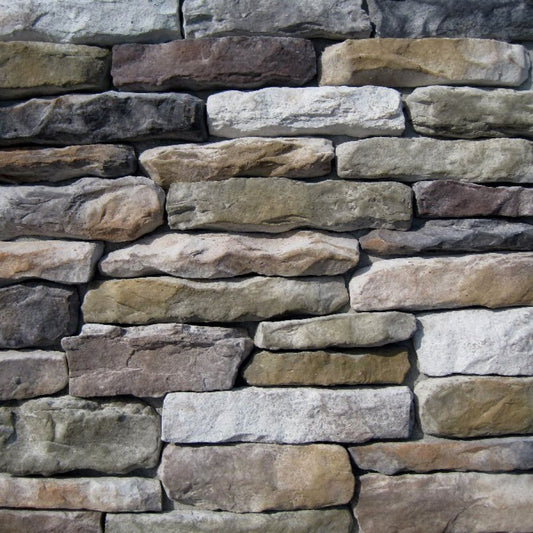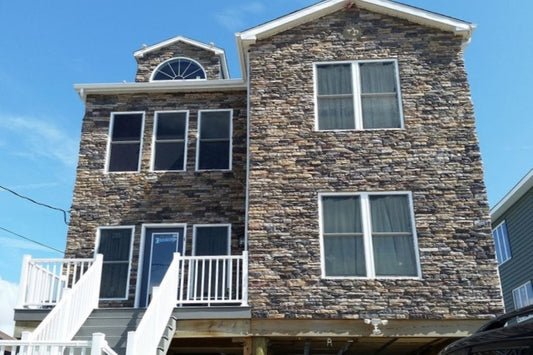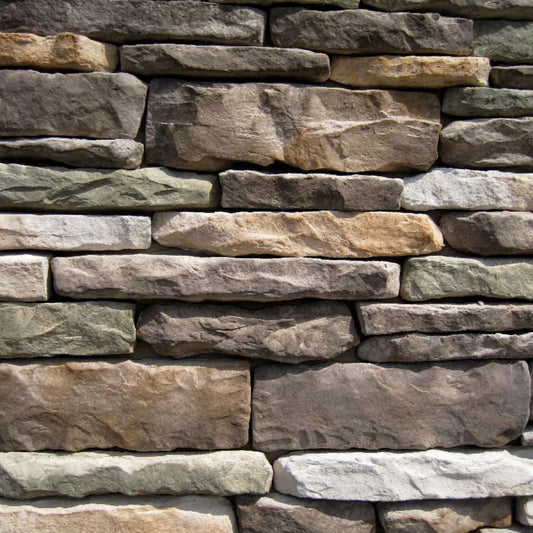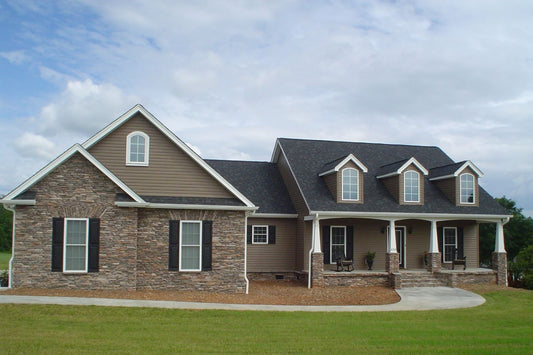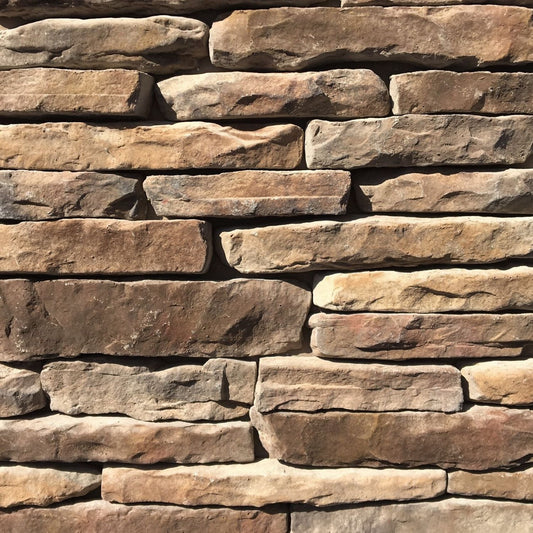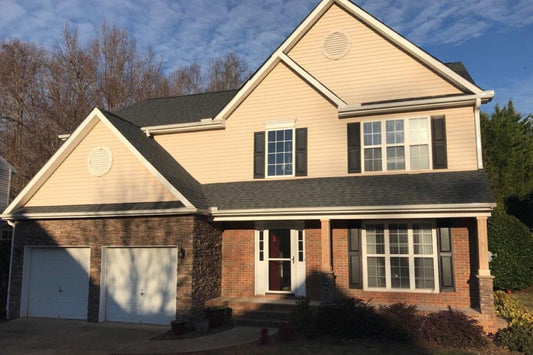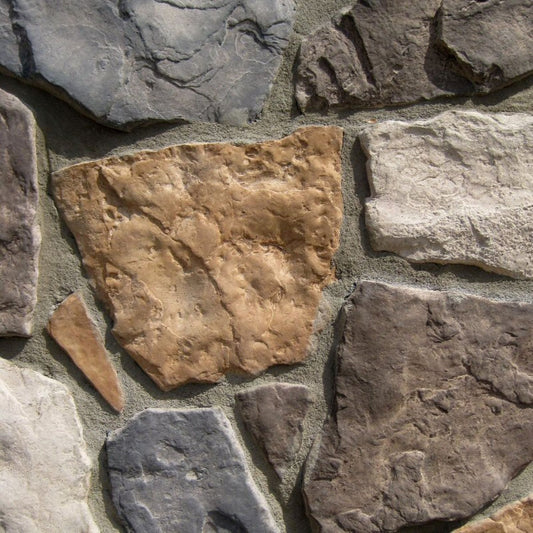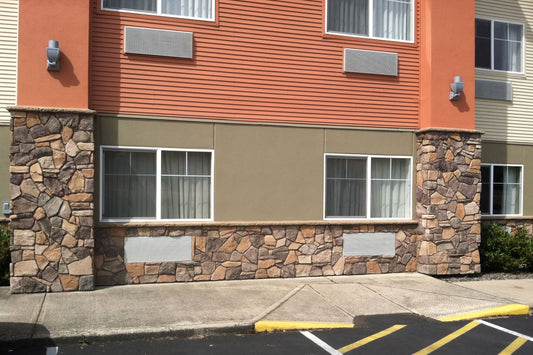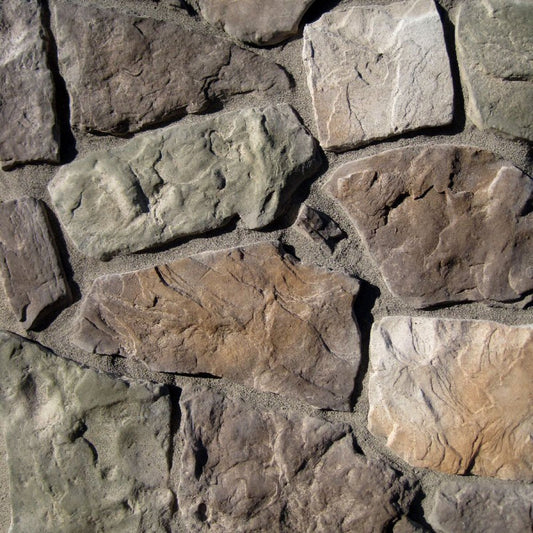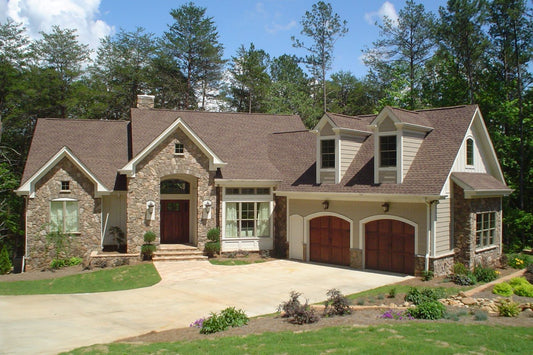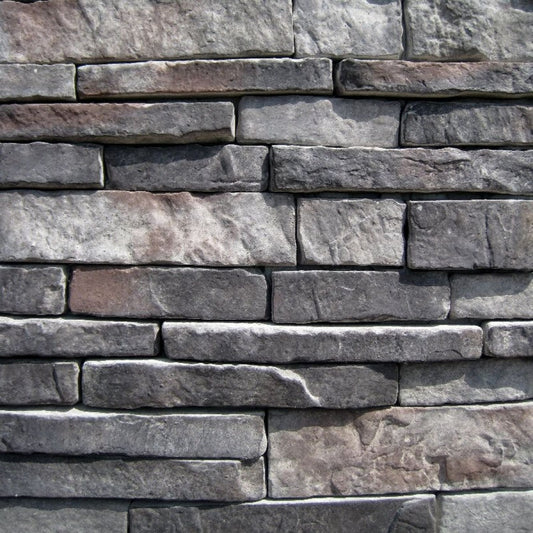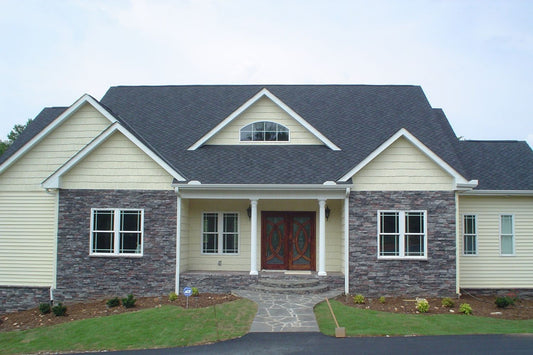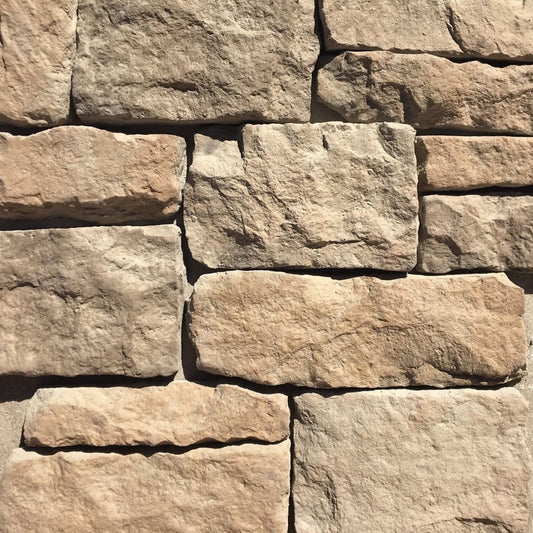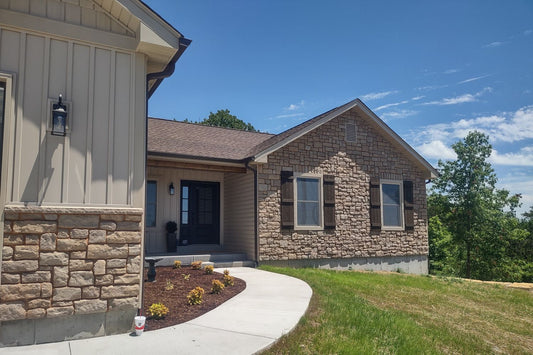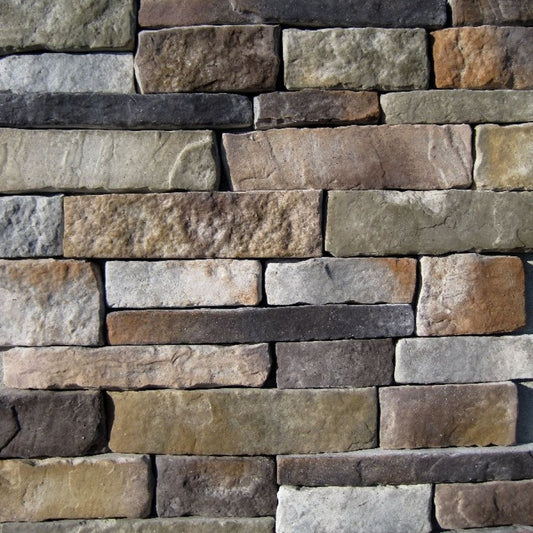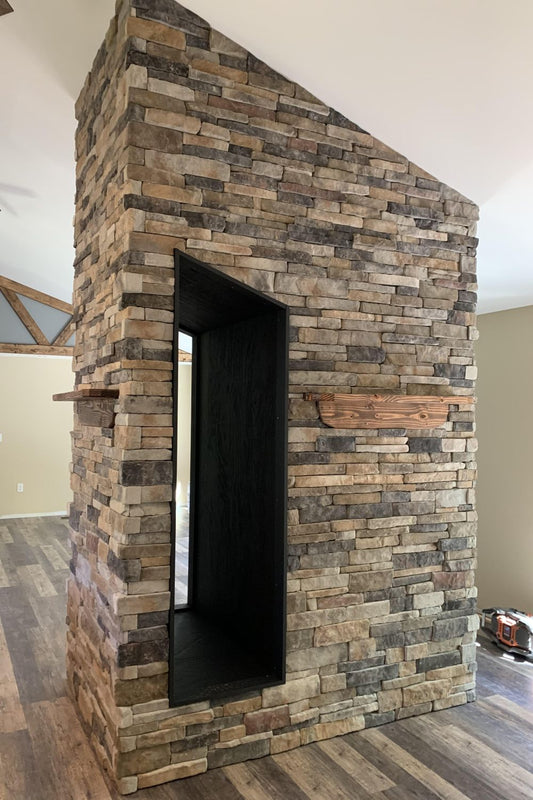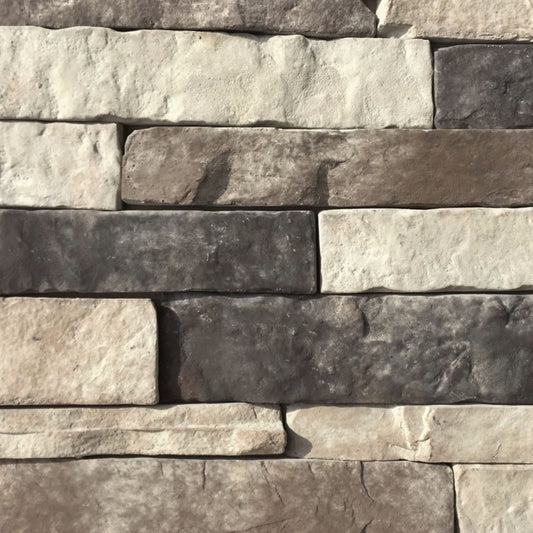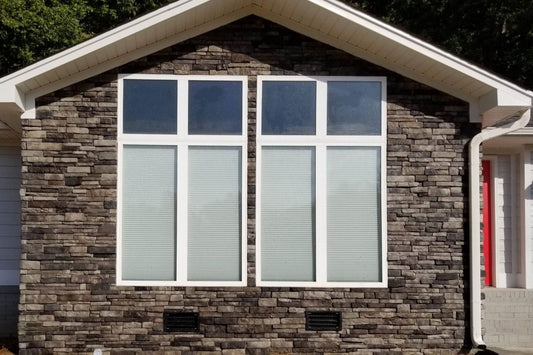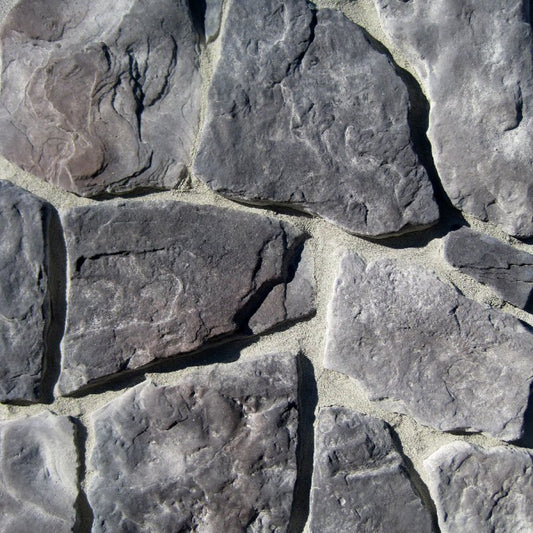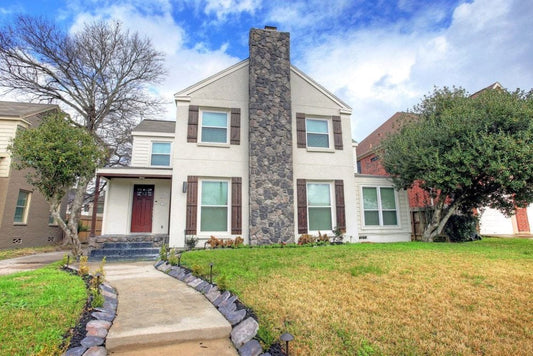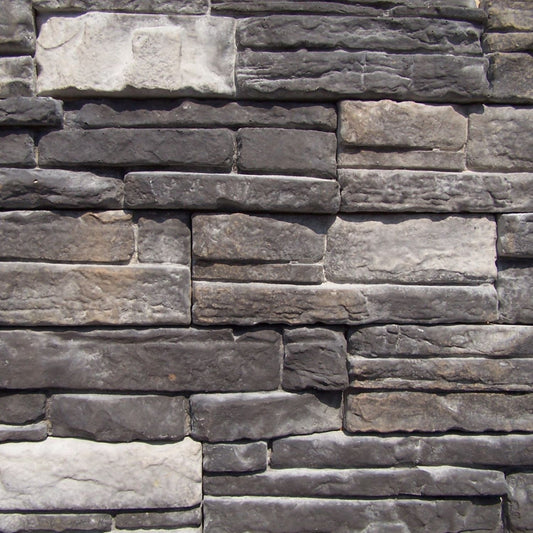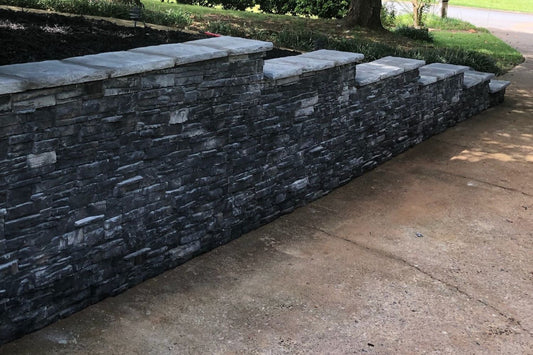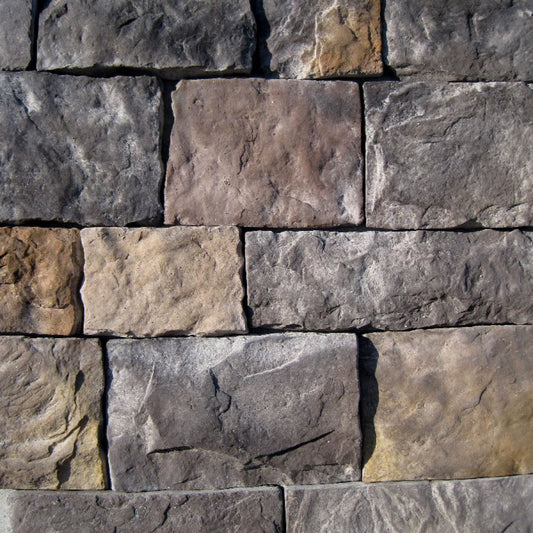
How Thick is Stone Veneer?
Share
Stone veneer has become an increasingly popular choice for homeowners and builders alike, thanks to its durability, aesthetic appeal, and versatility. Whether you're considering stone veneer for your fireplace, accent wall, or exterior facade, one of the key questions that often arises is how thick is stone veneer? Delve into the various factors that influence stone veneer thickness and explore why it matters for your next project.
Originally posted March 30, 2024, updated February 5, 2026.
Understanding stone veneer thickness
Stone veneer is a thin layer of manufactured stone designed to replicate the look of full-depth natural stone without the weight and complexity of traditional masonry. Rather than using thick, heavy stones, stone veneer provides a lighter, more versatile solution that can be installed on a wide range of surfaces. The thickness of stone veneer can vary depending on several factors, including the manufacturer, the stone profile or style, the intended application (interior vs. exterior), and whether the product is individual stones or stone panels. These variations allow homeowners and builders to choose a stone veneer thickness that balances aesthetics, durability, and ease of installation.
Natural stone vs. manufactured stone veneer
Natural stone veneer typically ranges in thickness from about 3/4 inch to 1-1/2 inches. This thickness is a result of cutting or splitting natural stone into thinner pieces. Manufactured stone veneer, also known as faux stone or cultured stone, is typically thicker, ranging from about 1 inch to 2-1/2 inches. Since manufactured stone is made by casting concrete or other materials in molds designed to replicate natural stone, it can be produced in thicker dimensions while still maintaining an easier installation.
Why stone veneer thickness matters
1. Structural integrity: the thickness of stone veneer directly influences its durability and strength. Thicker veneers tend to be more robust and resistant to impact, weathering, and wear over time. This is particularly crucial for exterior applications where the veneer is exposed to harsh environmental conditions such as rain, snow, and temperature fluctuations. Thicker veneers provide greater protection against moisture infiltration and structural damage, enhancing the longevity of the installation.
2. Aesthetic appeal: the thickness of stone veneer can significantly impact the overall appearance of a surface. Thicker veneers often provide a more substantial and prominent look, adding depth and texture to walls, fireplaces, or outdoor facades. On the other hand, thinner veneers offer a sleeker, more contemporary aesthetic. Selecting the appropriate thickness ensures that the veneer complements the design vision and architectural style of the space.
3. Durability and strength: the thickness of stone veneer directly influences its durability and strength. Thicker veneers tend to be more robust and resistant to impact, weathering, and wear over time. This is particularly crucial for exterior applications where the veneer is exposed to harsh environmental conditions such as rain, snow, and temperature fluctuations. Thicker veneers provide greater protection against moisture infiltration and structural damage, enhancing the longevity of the installation.
Frequently asked questions
1. How thick is stone veneer on average? Stone veneer typically ranges from 1 inch to 2-1/2 inches thick, depending on the product type and manufacturer.
2. Is manufactured stone veneer thicker than natural stone veneer? Yes, manufactured stone veneer is generally thicker than natural stone veneer. Natural stone veneer commonly measures 3/4 inch to 1-1/2 inches, while manufactured stone veneer often ranges from 1 inch to 2-1/2 inches, providing added strength and a more dimensional appearance.
3. Does stone veneer thickness affect installation? Yes, thickness plays an important role in installation requirements. Thicker stone veneer may require additional wall preparation, proper moisture barriers, and adequate support, especially for exterior or large-scale installations. Thinner stone veneer is typically easier to handle and install.
4. What stone veneer thickness is best for exterior applications? For exterior applications, thicker stone veneer is usually recommended. A thickness of 1-1/2 inches or more offers improved resistance to weather, impact, and moisture, helping ensure long-term durability in outdoor environments.
5. Does thicker stone veneer look more realistic? In many cases, yes. Thicker stone veneer tends to provide greater depth, shadowing, and texture, which can enhance realism and closely mimic full-depth natural stone. Thinner veneer may create a more modern or streamlined appearance.
6. Can stone veneer thickness affect durability? Absolutely. Thicker stone veneer generally offers increased durability and resistance to cracking, chipping, and environmental wear. This makes thickness an important consideration for high-traffic areas, fireplaces, and exterior walls.
How thick is stone veneer?
The thickness of stone veneer plays a crucial role in determining its structural integrity, aesthetic appeal, and durability and strength. Understanding the factors that influence thickness can help you make informed decisions for your next project. By carefully considering your design goals, application requirements, and support structure, you can choose the ideal thickness of stone veneer to enhance the beauty and durability of your space.
You may also like
How much does stone veneer weigh? Average weights explained.
Stone veneer dimensions: Sizes, thickness, and coverage explained.
Stone veneer installation height limits: What you need to know.
What's next?
Transform your space with our premium stone veneer! Shop now to discover your ideal style or order a sample today to experience the quality firsthand!
Have a question?
Please see our full terms of service or check out our frequently asked questions.
For general information and questions please call: (864) 882-8960 Mon. - Fri. 8am - 5pm (EST) or email: info@mountainviewstone.net we are more than happy to help you.
Or you can submit your questions via our contact us page.
We look forward to working with you on your upcoming project.
The Mountain View Stone Team
Pictured is lime stone white oak.

